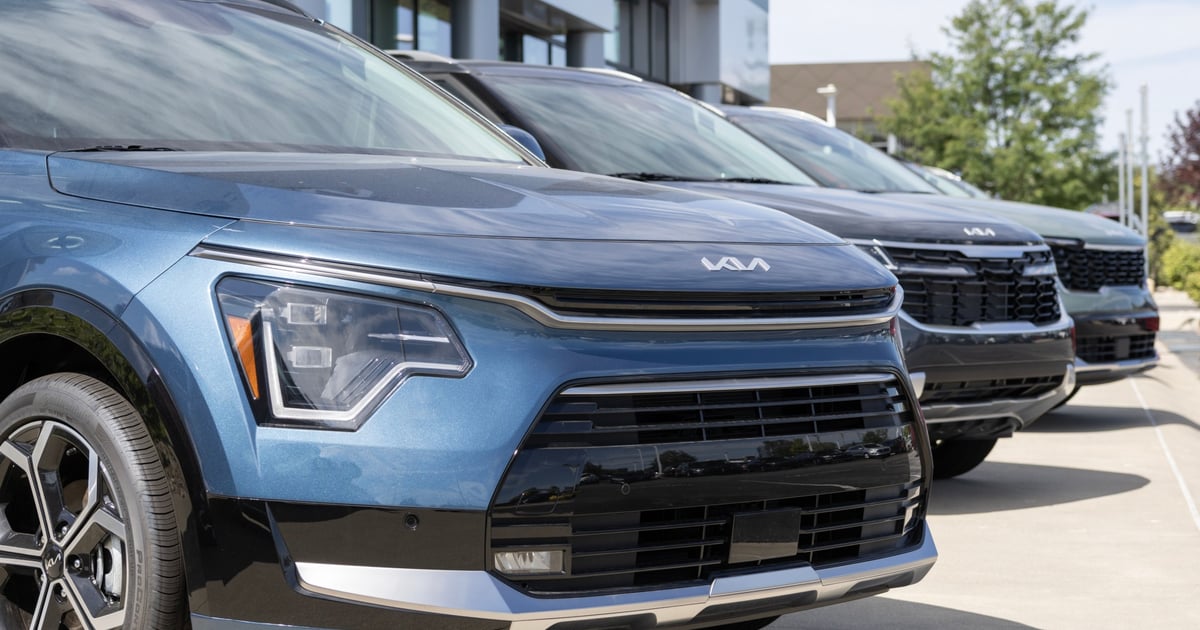
September 27, 2024 at 04:13PM
Millions of Kia vehicles had a flaw that allowed attackers to remotely control them using license plate information. Researchers found this vulnerability in Kia, Honda, Infiniti, Nissan, Acura, BMW, Mercedes, and other vehicles. This highlights ongoing concerns over the cybersecurity of connected vehicles and the need for stronger authentication and communication security measures.
Based on the meeting notes provided, it seems there are several key takeaways:
1. The vulnerability identified by independent security researchers allowed attackers to remotely control certain Kia vehicles using just license plate information.
2. The issue is related to the API protocols that enable Internet-to-vehicle commands on Kia automobiles, which were found to be relatively easy to exploit through dealer API access.
3. The discovered vulnerabilities impacted a range of Kia model years, exposing not only vehicle functions such as ignition control and geolocation but also personally identifying information (PII) of the vehicle owner.
4. Experts highlighted the need for automakers to prioritize enhancing cybersecurity measures by implementing stronger authentication methods and securing communication channels to protect against unauthorized access.
5. The Kia hack adds to the broader concerns over cybersecurity and data privacy in connected vehicles, with implications for greater oversight and scrutiny of automaker practices.
These takeaways encapsulate the key findings and implications of the meeting notes and would be useful in communicating the significant findings to relevant stakeholders or decision-makers.